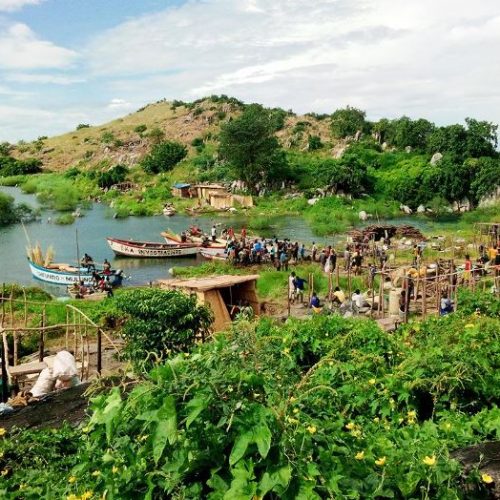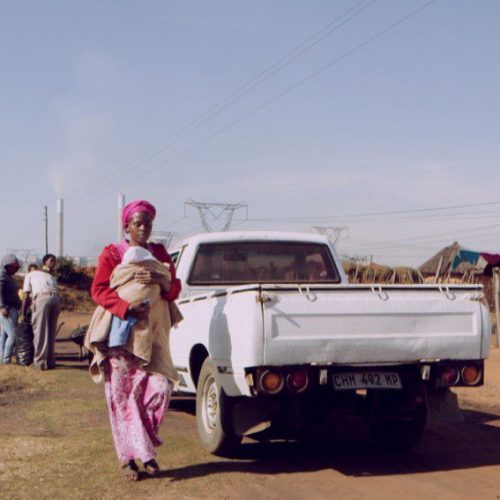Malawi’s Miracle Island, Where Fish Remain Plentiful Despite Climate Crisis
Hundreds of years ago, Mbenje Island was home to a proud and permanent population. Living in houses made of grass and sticks, the community lived comfortably on this mountainous piece of land in the middle of Lake Malawi, travelling to and from the mainland to trade.
The people came to believe, however, that this was no ordinary place. Men would report meeting apparitions, including of naked women, while on fishing expeditions. Others noticed that whenever someone killed a snake, which are endemic on island, violent storms would soon follow. To calm the spirits and bring peace, the island’s chiefs started offering sacrifices and initiating new traditions.
As Communities Burn, Africa Polluters Dodge the Bullet
Water is looked at as a product to be consumed, but it’s not,” Godfrey says. “It’s a component within a whole circle that is impacted on by many ministries, agencies and stakeholders and where the more economic and industrial growth we have the more important it becomes.”


